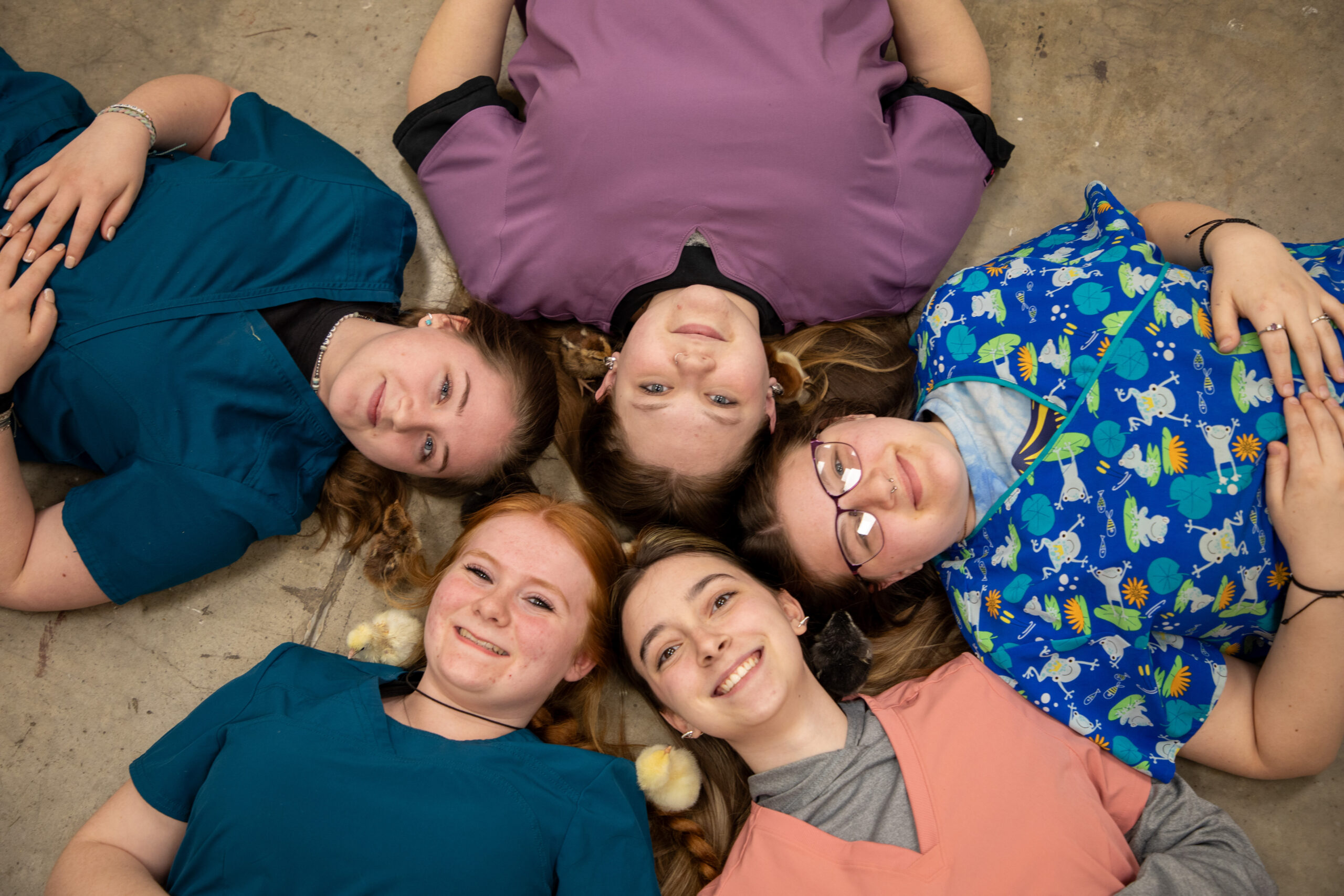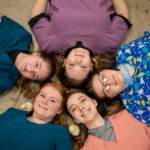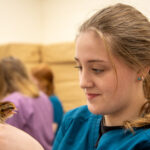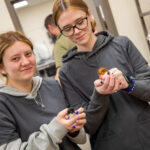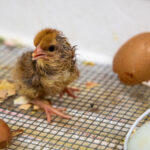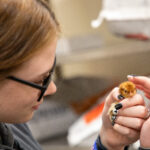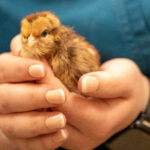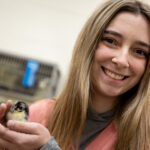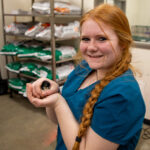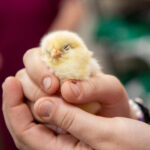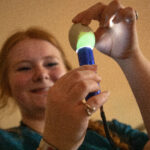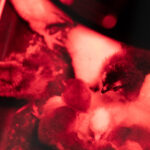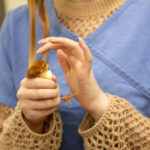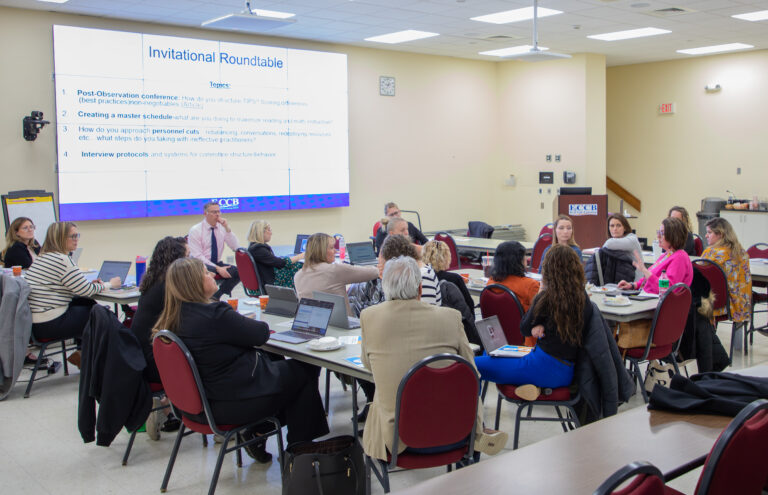The Small Animal Science program at the Hewes Educational Center recently welcomed its newest two-legged members to Erie 2-Chautauqua-Cattaraugus BOCES.
Over the course of several days, juniors and seniors witnessed the hatching of baby chicks under the guidance of instructor Seth Shields and teaching assistant Alexandria Smith. The special arrival marked the first time chicks were hatched in Shields’ class.
“We decided to do this because many of these kids didn’t get to do any kind of incubation project in middle school because of the COVID pandemic,” Shields said. “A lot of them were really interested in being able to do something like this.”
Three months ago, Shields and Smith ordered about two dozen eggs from Meyer Hatchery in Ohio. Chicken varieties included Black Copper Marans, Light Brahmas, Rhode Island Reds, Salmon Faverolles, Welsummers, and Easter Eggers.
“We figured why not give this a try,” Shields said. “We already had all the equipment, so all we had to do was purchase the eggs. We picked out different kinds of breeds that they had available.”
Shields and Smith both own chickens, which made introducing them into the Career & Technical Education program even easier.
To coincide with purchasing the eggs, students learned about the development process of chickens. They got an up-close look at an incubator, which provides a controlled environment with regulated temperature, humidity, and automatic egg turning to help eggs hatch successfully.
Juniors and seniors also learned about egg “candling,” the process of shining a bright light into an egg to see its developing embryo.
“After all that, we kind of just waited,” Shields said. “Eventually, they just started hatching. The students absolutely loved that part.”
Students, including Kalie Smith of Jamestown, Lily Eklund of Frewsburg, Madyson Frank of Southwestern, and Jennafer Erhard of Chautauqua Lake, were able to pick up and hold the chicks, which are being kept inside the Small Animal Science classroom under a heat lamp.
Shields said the chicks will likely be kept at Hewes through the end of the school year. He said having them will give students “an opportunity to learn something a little different than they usually would with other animals here.”
He added, “These students have become really interested in them. We may even keep a couple of the hens here where they can lay a couple of eggs and be our classroom pets.”

